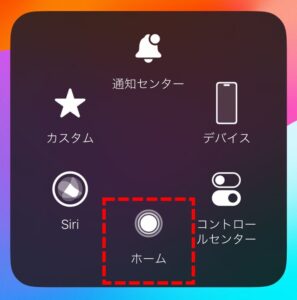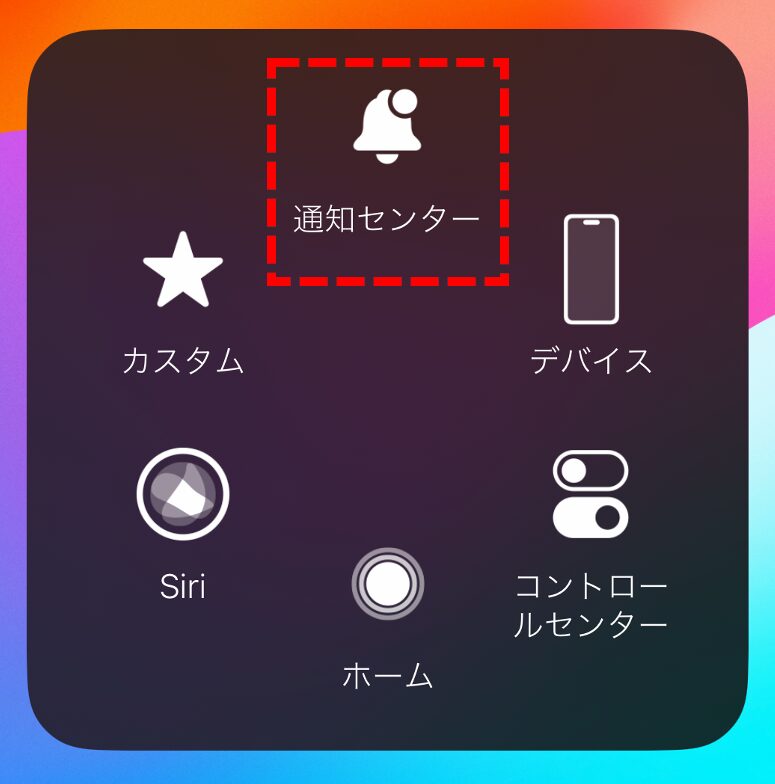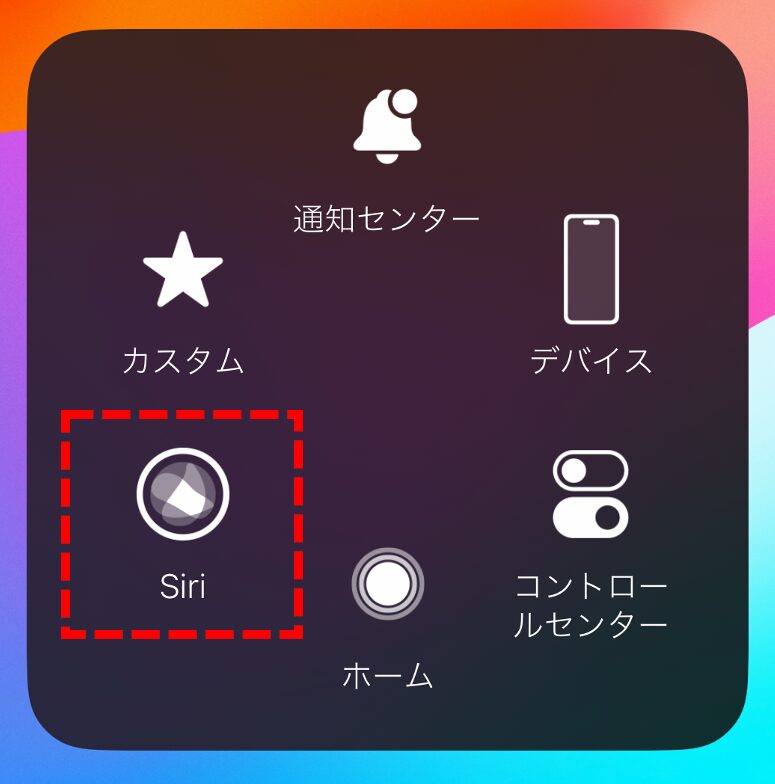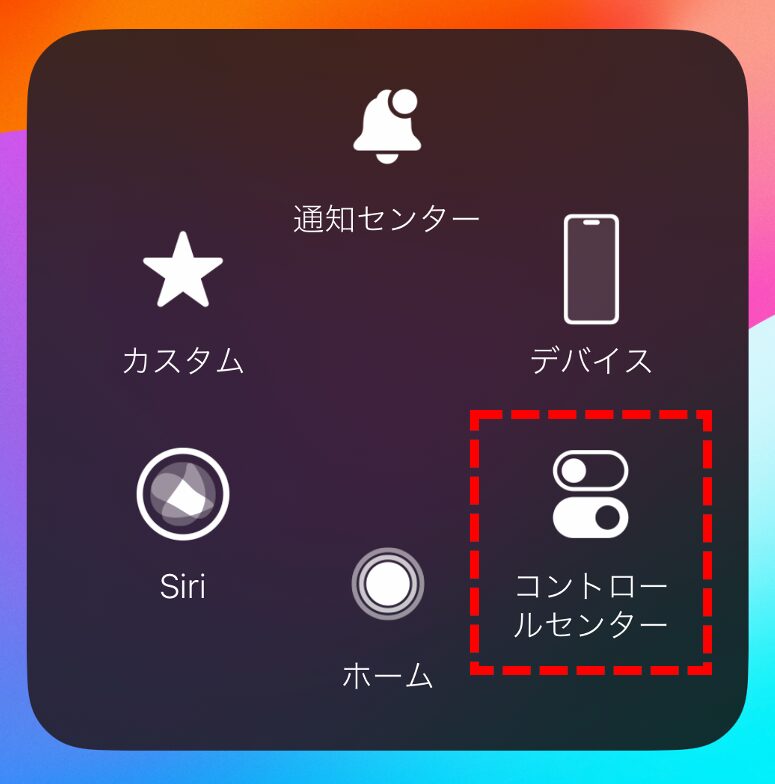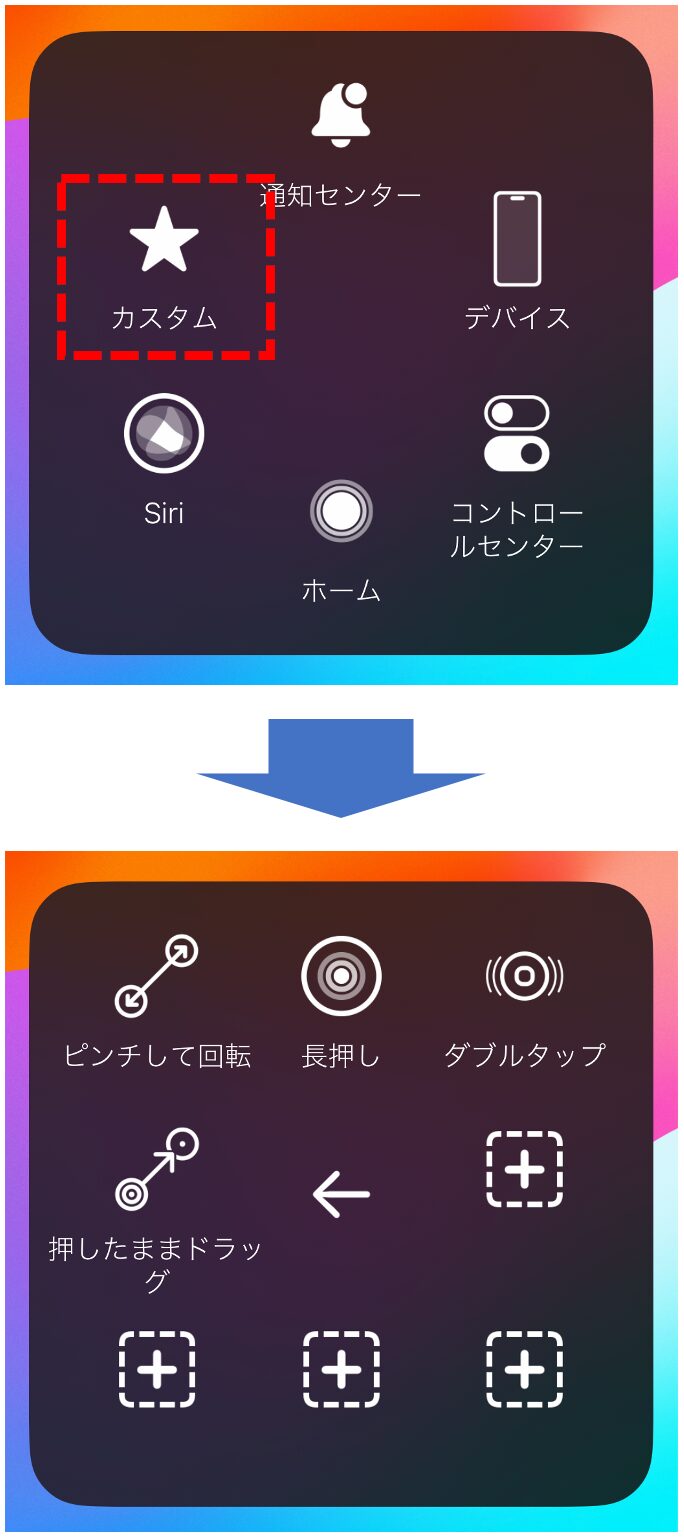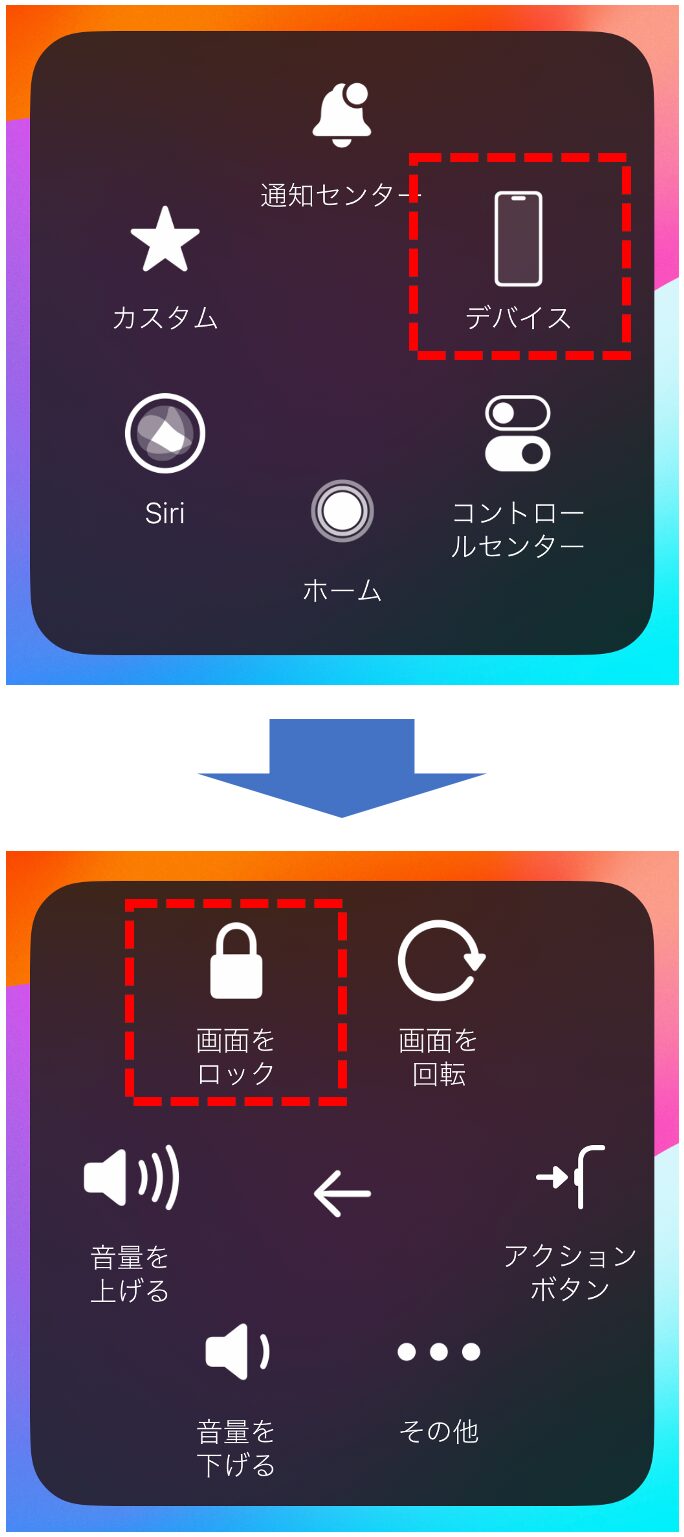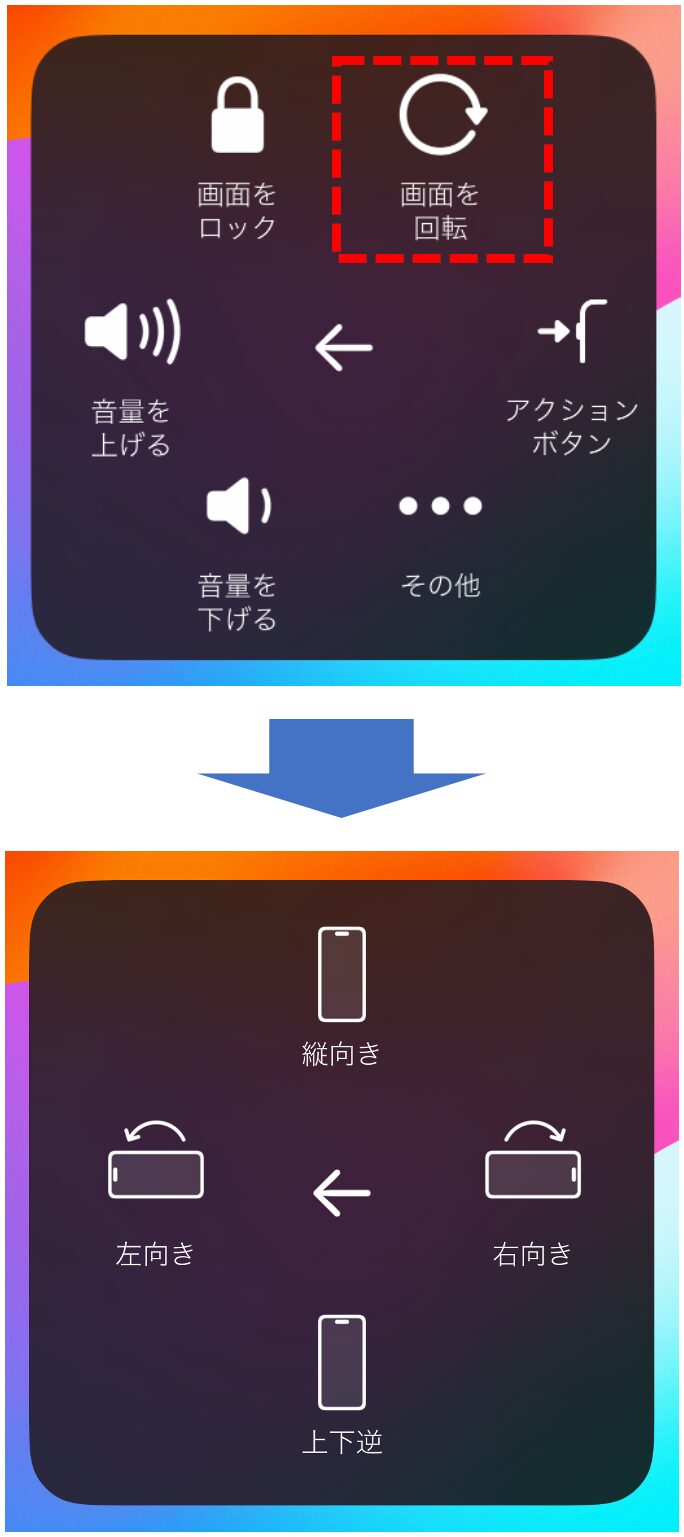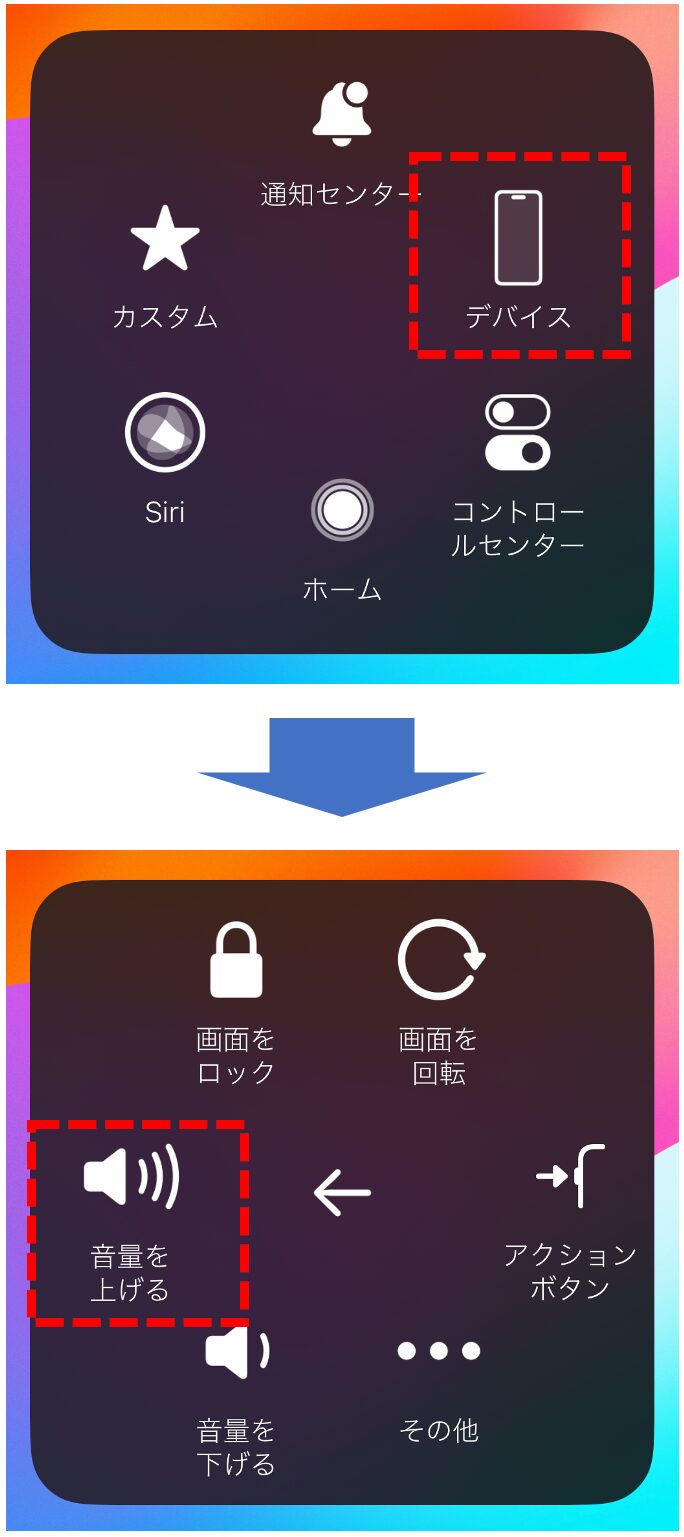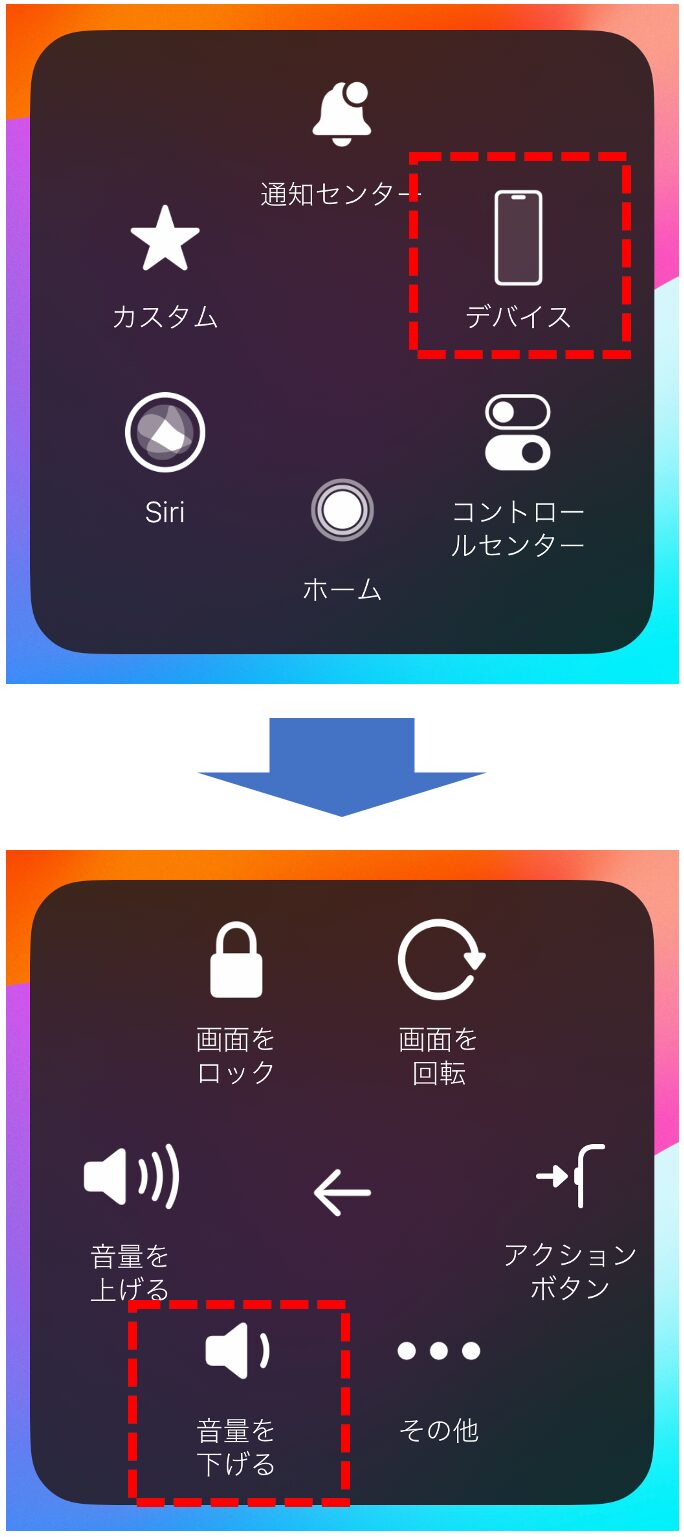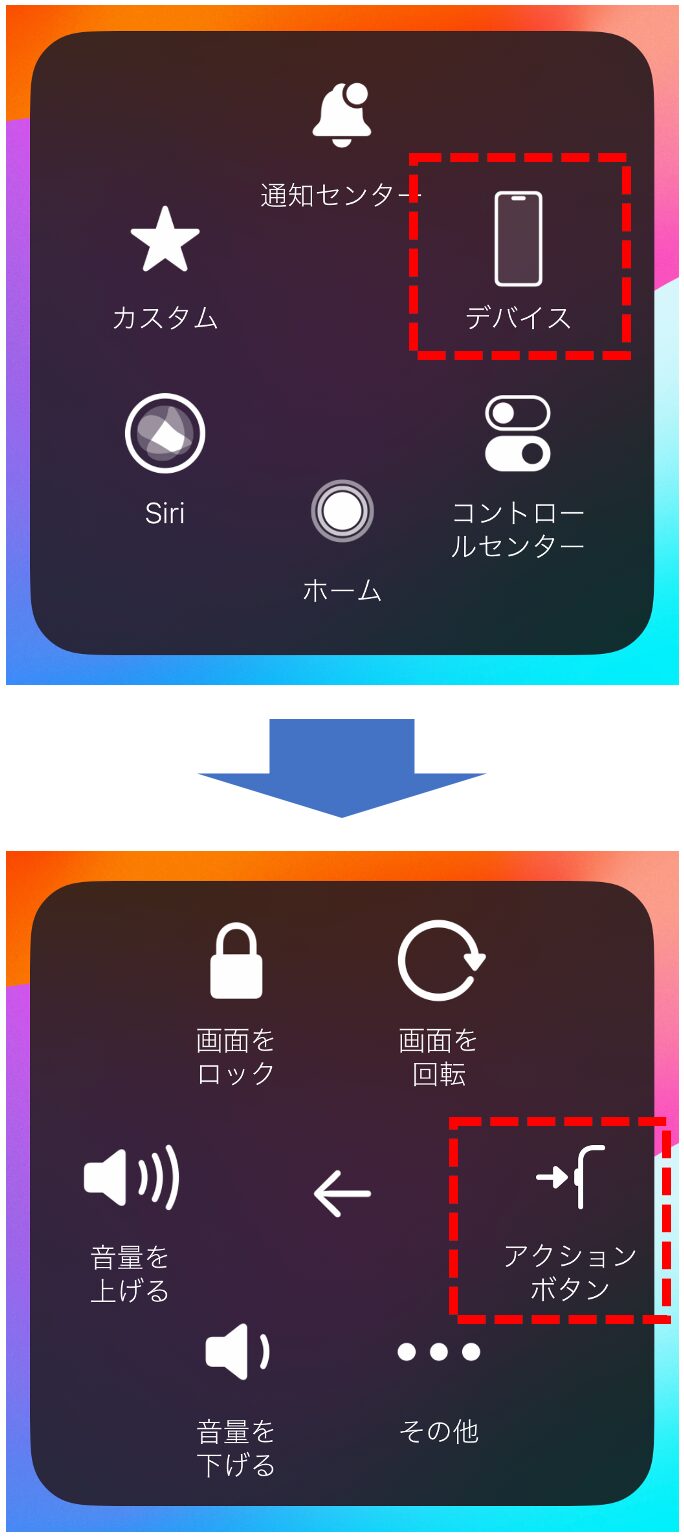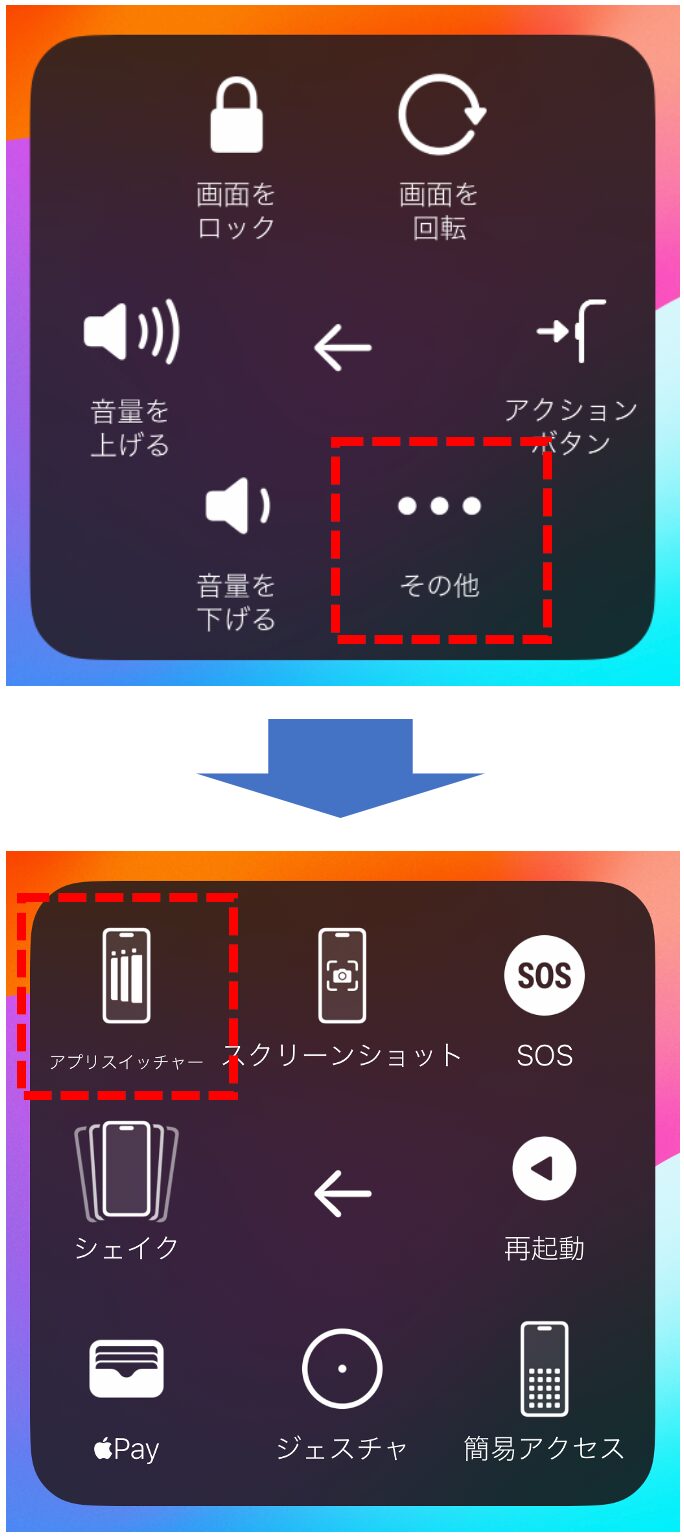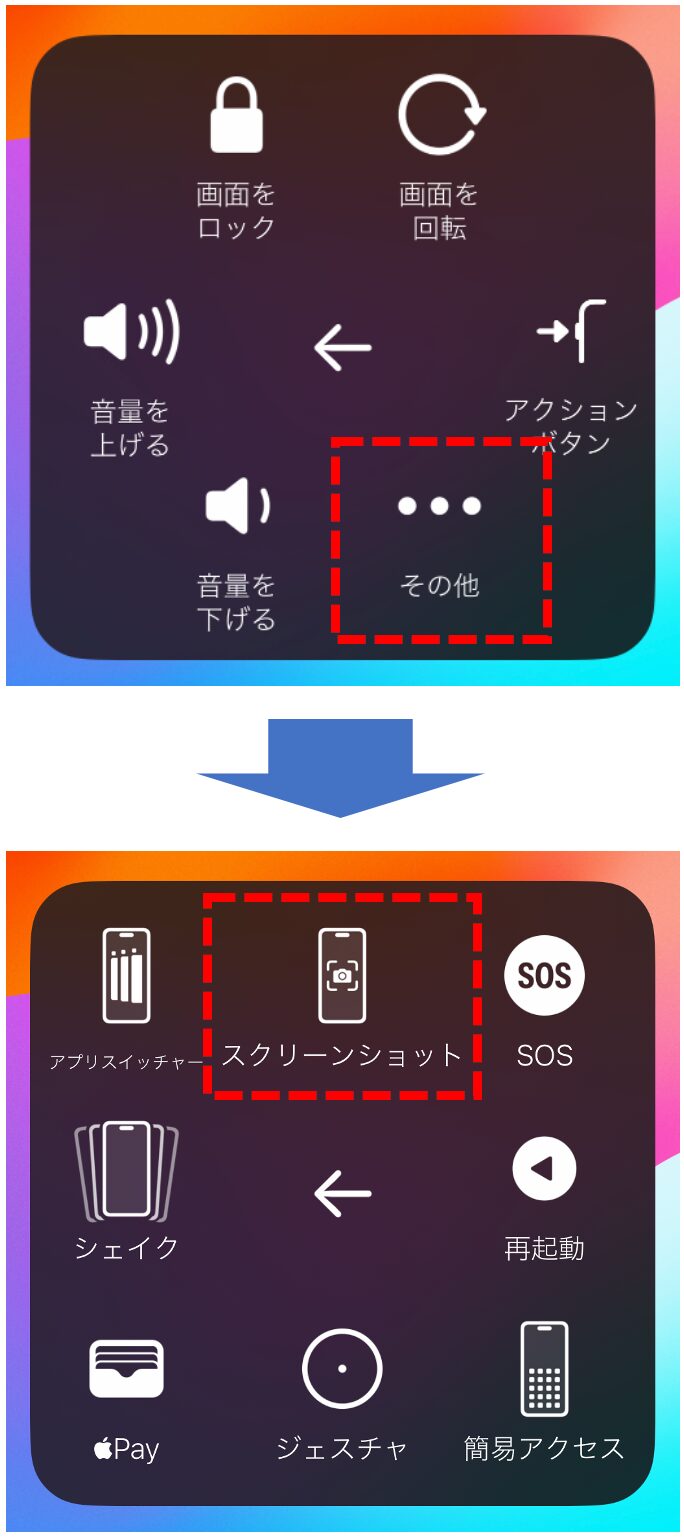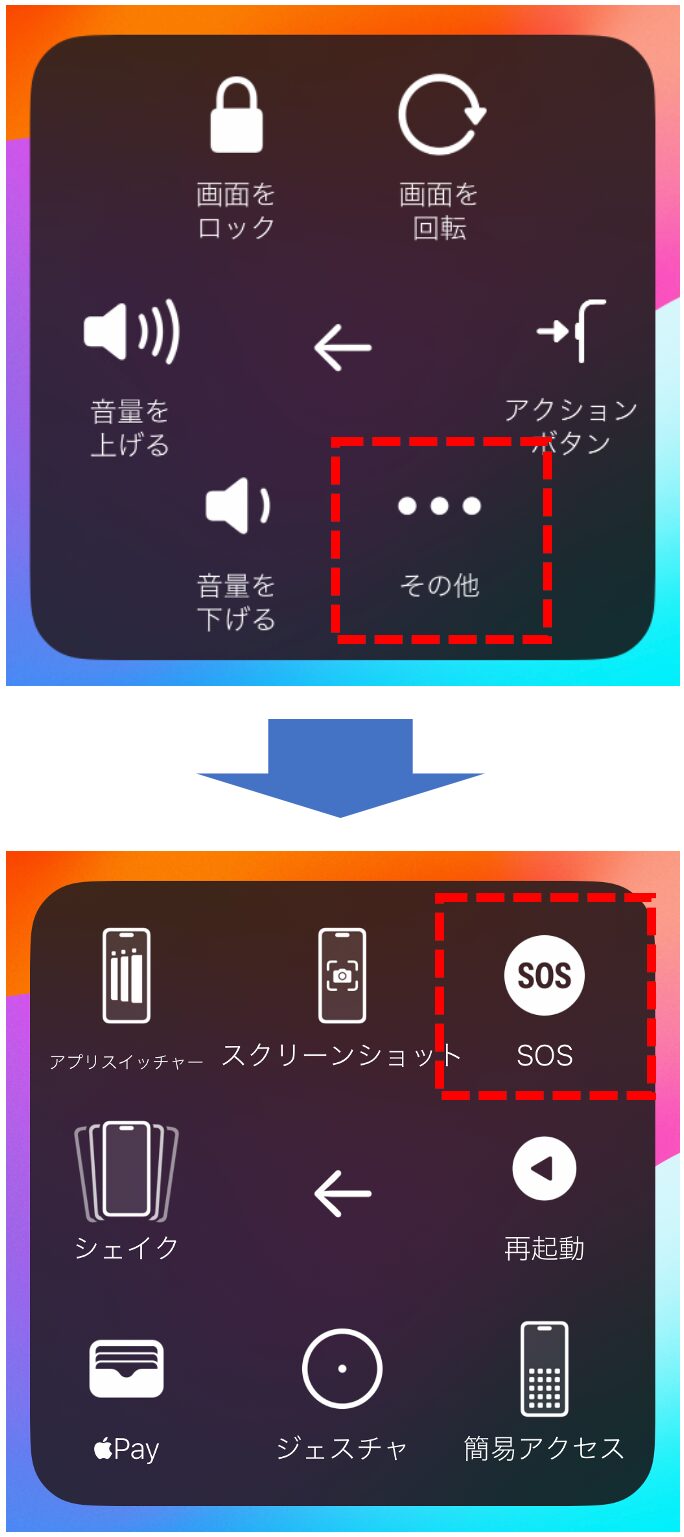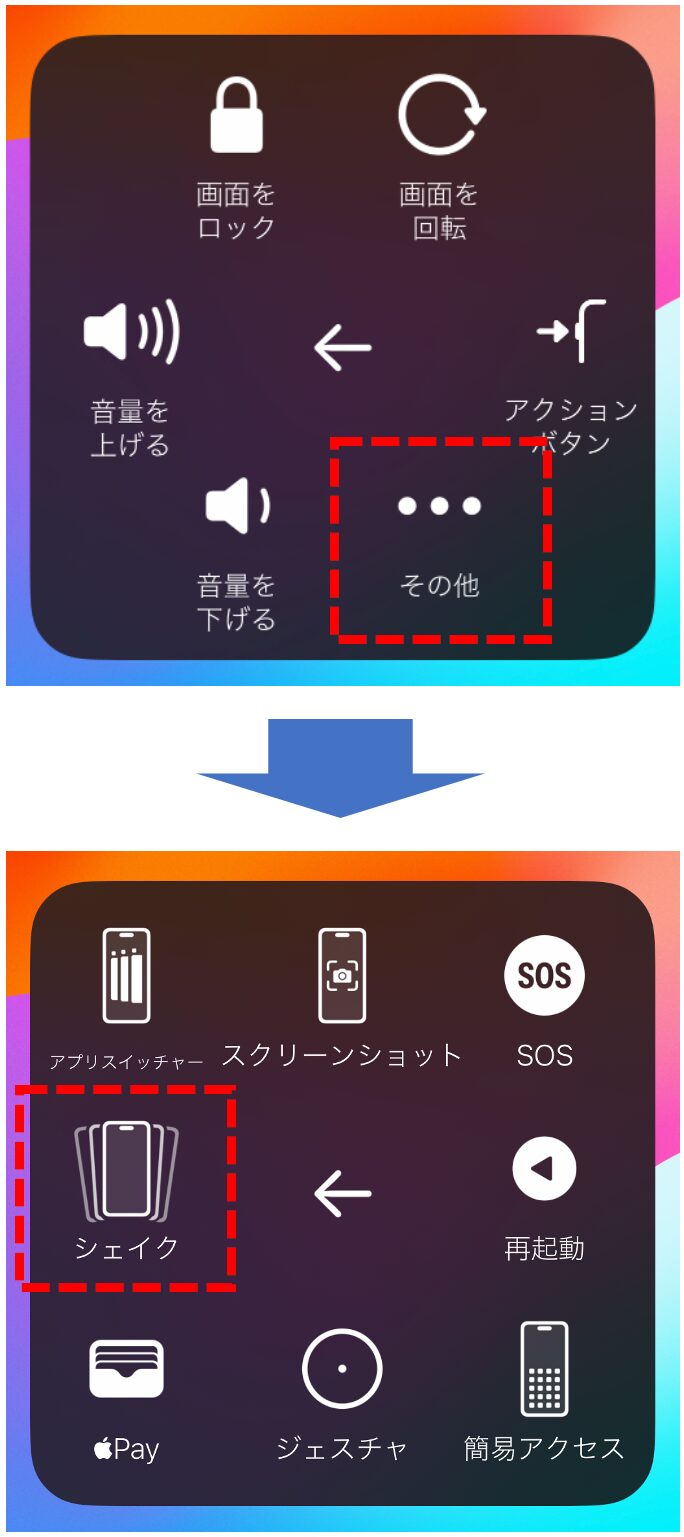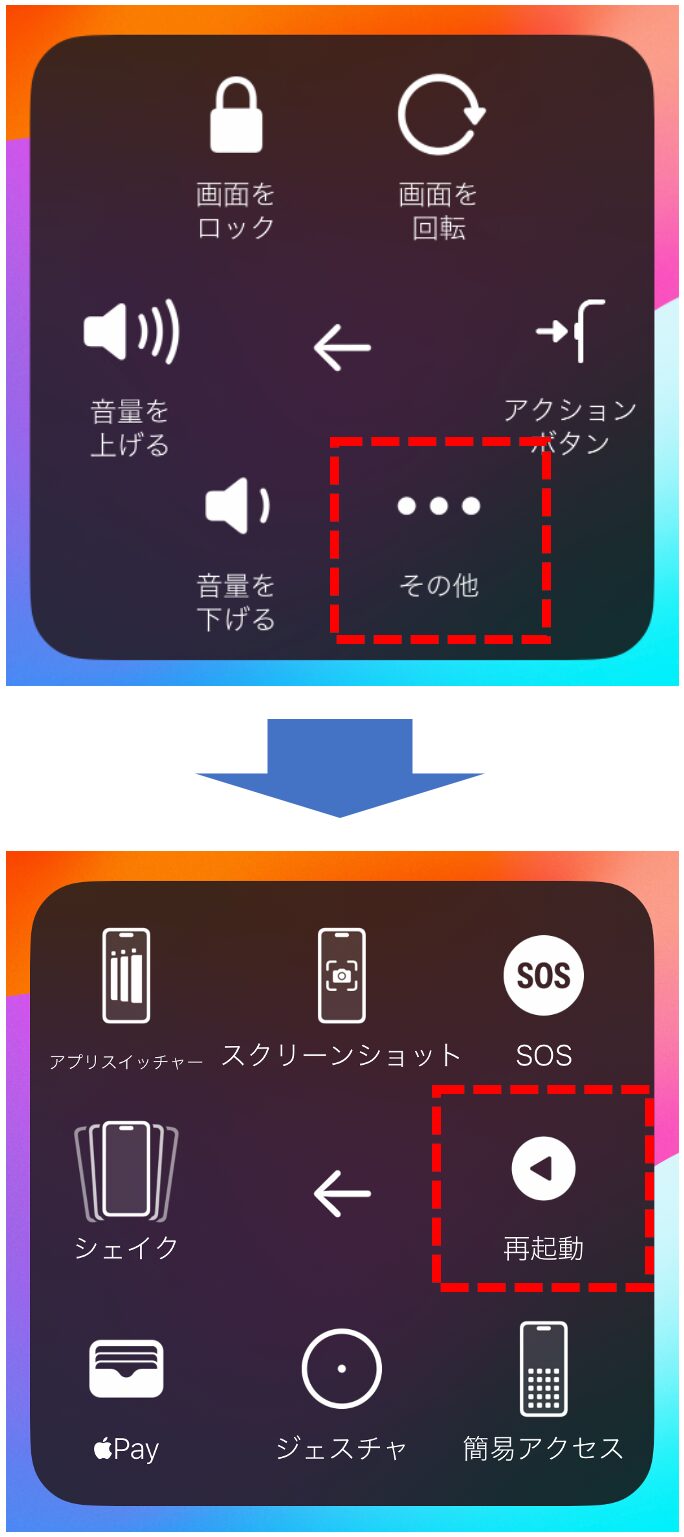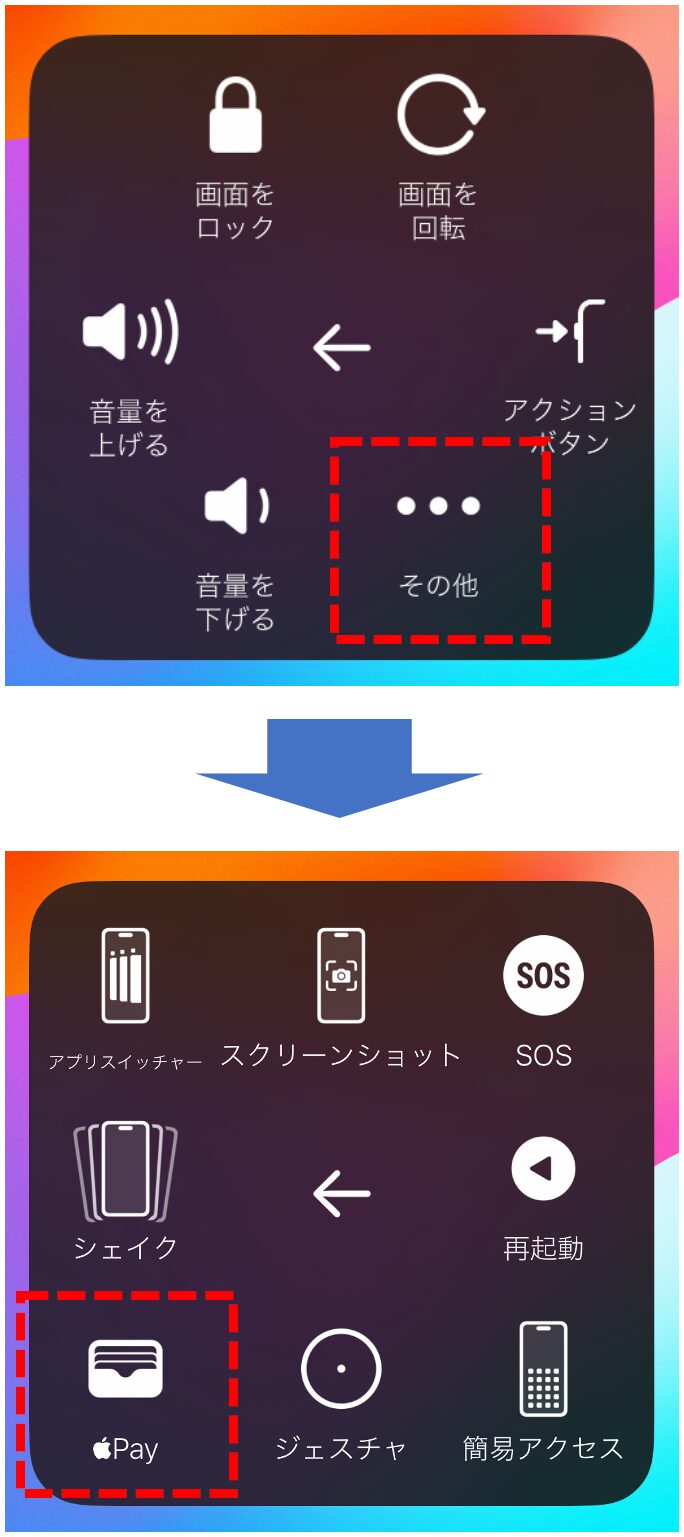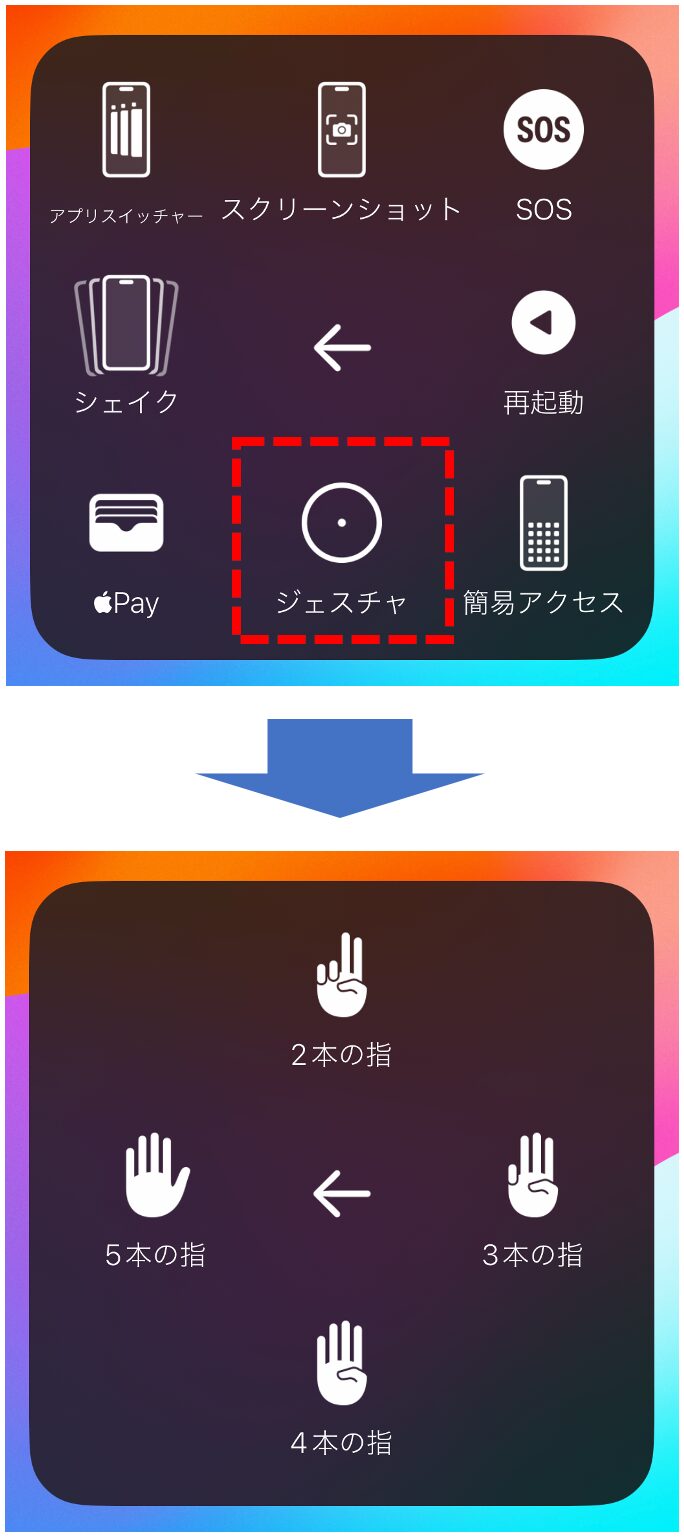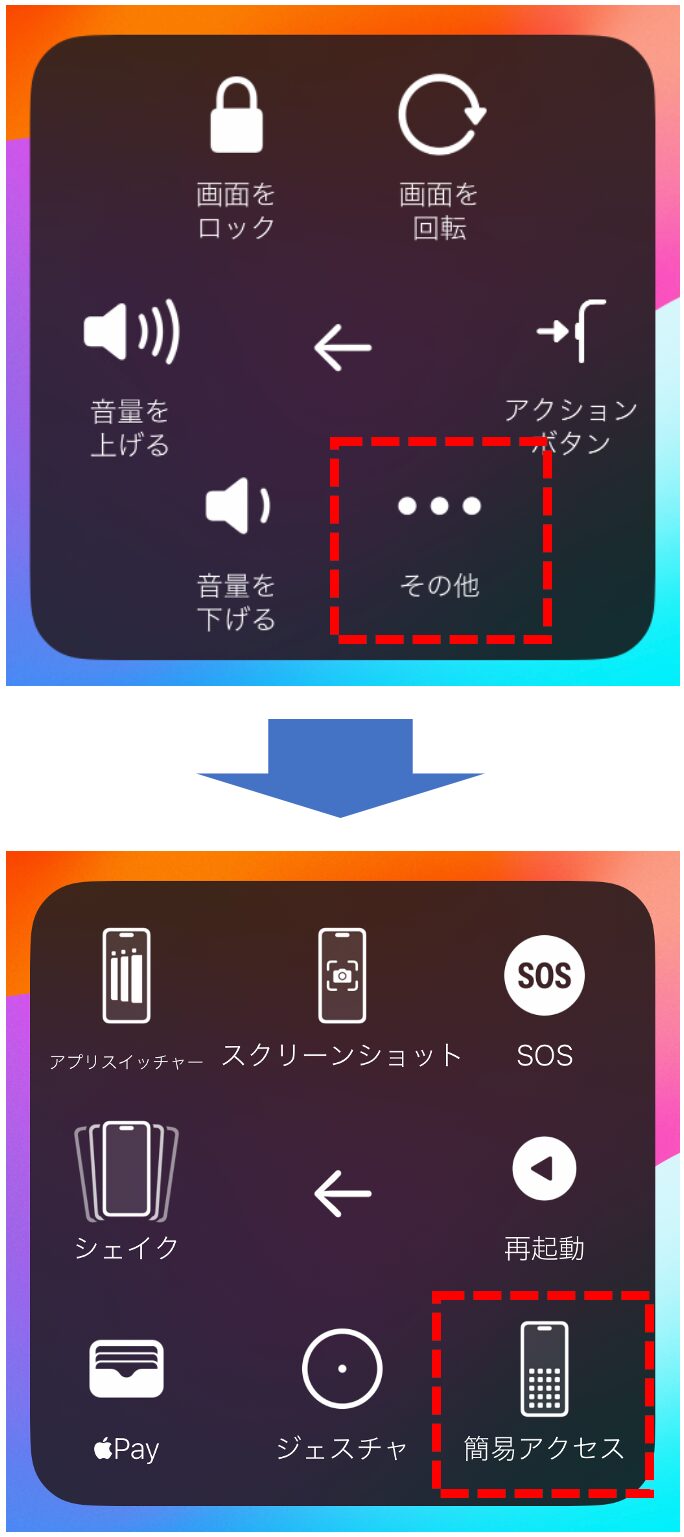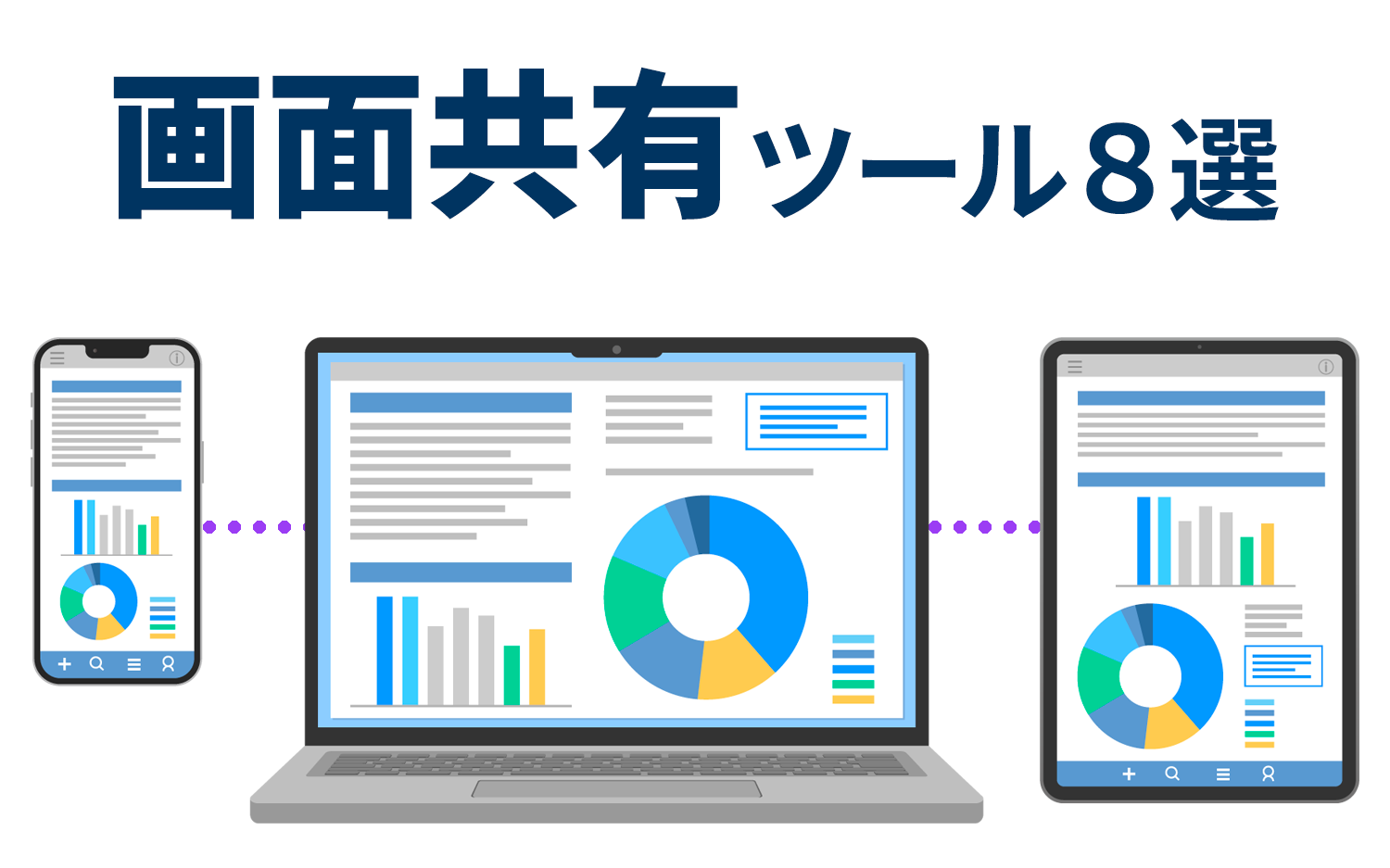Thorough illustrated explanation of 18 useful functions of AssistiveTouch
2025/03/26
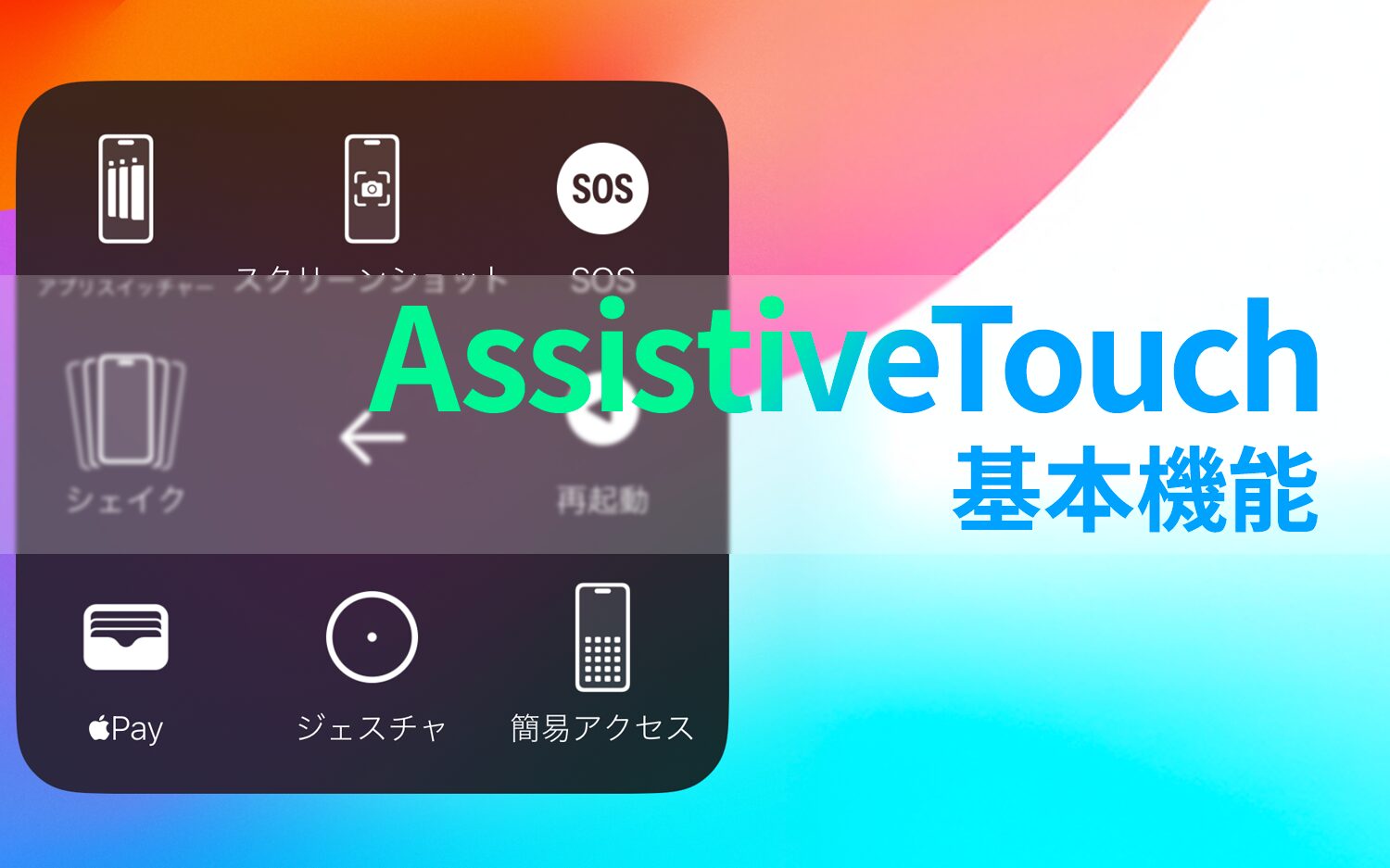
AssistiveTouchis an accessibility feature that assists with touch operation of iPhone and Android devices.
Display virtual buttons on the screen,Various operations can be performed with a single tap.Originally designed for users who have difficulty with touch operation, this feature is an alternative to physical buttons or as a shortcut tool,It is now conveniently available to the general user.。
As smartphones become larger and larger, making it more difficult to operate with one hand, AssistiveTouch enables smooth navigation, making it one of the most important features for continuing to use smartphones comfortably.
AssistiveTouch is also available in the Android OS, but this articleiPhoneのAssistiveTouchThe presentation will focus on the 18 basic functions and how to utilize them in detail with illustrations.
Table of Contents
- 1 18 Basic Functions of AssistiveTouch (iPhone)
- 2 Steps to activate AssistiveTouch
- 3 AssistiveTouch Application Examples
- 4 Applied operations using AssistiveTouch
- 5 AssistiveTouch is also compatible with "iPad" and "Apple Watch".
- 6 AssistiveTouch Evolution and History
- 7 Bringing AssistiveTouch thinking to the Web with UniWeb
- 8 Conclusion
18 Basic Functions of AssistiveTouch (iPhone)
AssistiveTouch is an accessibility feature for people who have difficulty with touch operation of their smartphones.Virtual menu button as belowis displayed.
◆iPhoneのAssistiveTouch
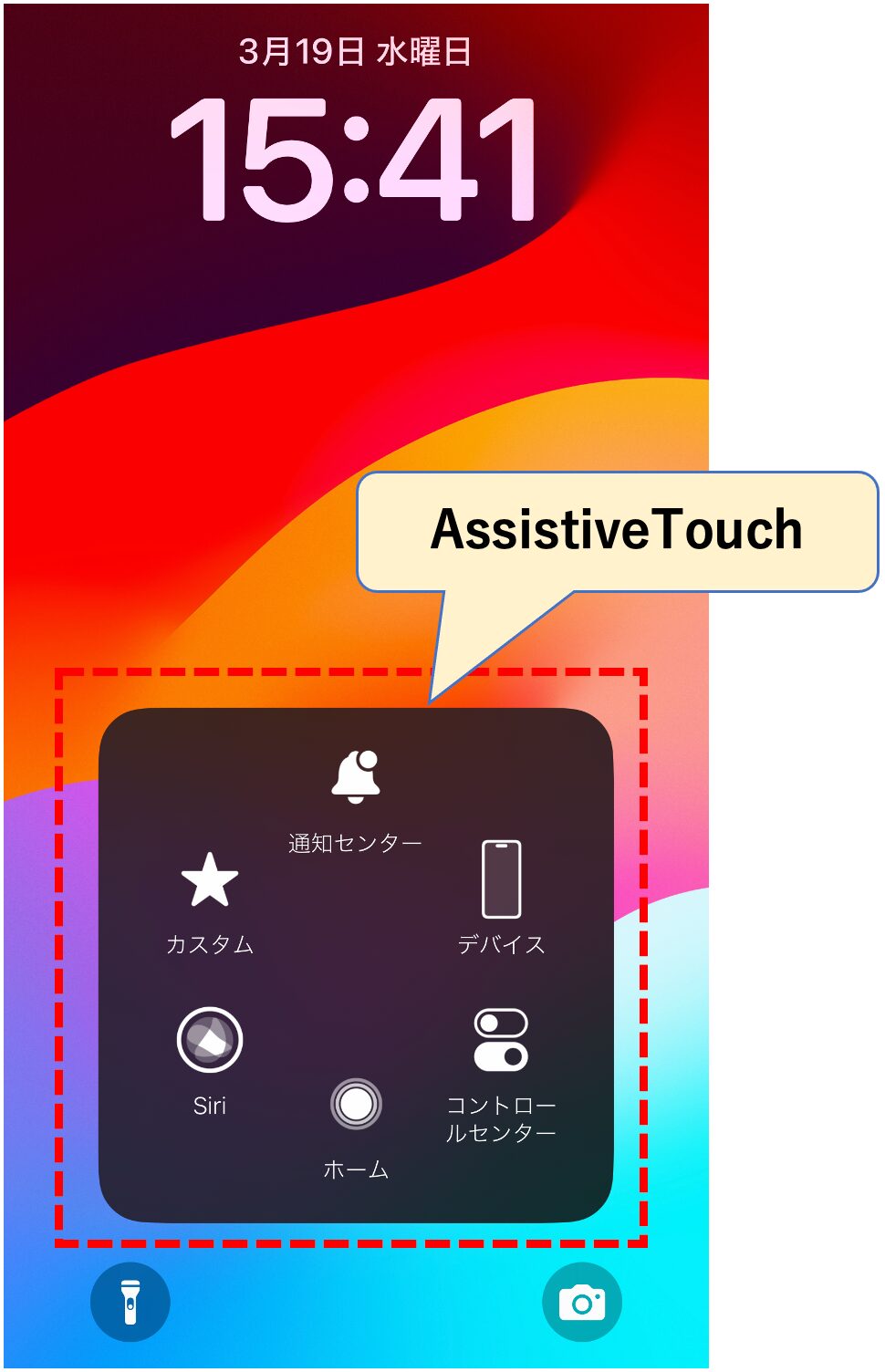
Although AssistiveTouch on the iPhone allows you to set up a variety of accessibility features,The following 18 functions (actions) are available by default.
The table below is based on the default menu layout.
What OS and models were targeted?iOS 18.3.1It is an iPhone 16 Pro Max with
◆AssistiveTouch feature list
AssistiveTouch allows these actions to beIt can be executed with a single tap.
Steps to activate AssistiveTouch
To use AssistiveTouch, it must be activated from the Settings application by following the steps below.
◆AssistiveTouch activation procedure
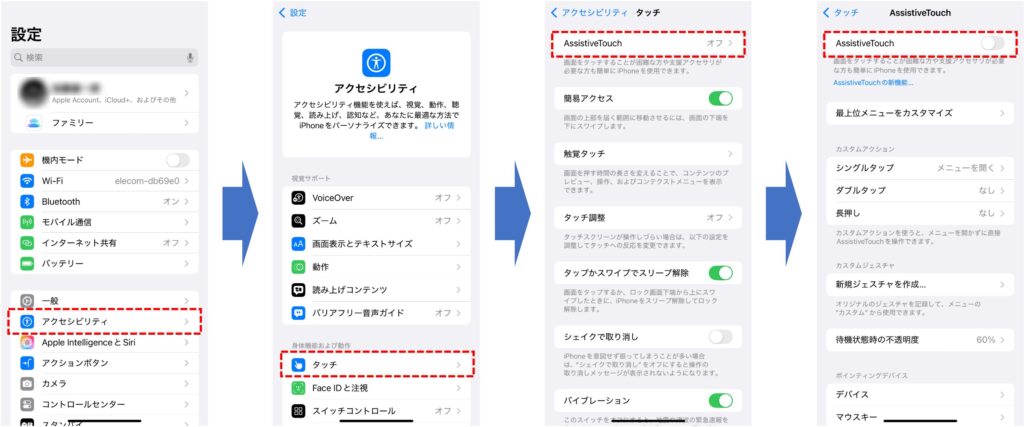
Step 2) Tap "Touch
Step 3) Tap "AssistiveTouch
Step 4: Turn on the "AssistiveTouch" switch.
Once activated, the AssistiveTouch virtual button appears on the screen.
The AssistiveTouch menu is customizable, allowing you to register frequently used operations.In addition to the basic features listed,Various functions such as "Spotlight," "Camera Control," "Eye Tracking," etc. are available.Therefore, you can make use of the system more conveniently by making the most suitable settings for your own usage.
Next, we will introduce some examples of AssistiveTouch applications.
AssistiveTouch Application Examples
Here, we will explain how to use AssistiveTouch in a useful way by introducing specific situations in which it is utilized.
Application Example 1: Use as Accessibility Support
AssistiveTouch is,Functions designed for users with disabilities or other difficulties in touch operationHere we will show you how to use it, especially for accessibility purposes.
As an alternative when touch operation is difficult
Restricted movement of hands and fingers,AssistiveTouch is very useful for performing many operations with a single tap!。
For example, even if swiping the screen is difficult, the "Gesture" function in the menu can be used to execute registered actions with a single tap.
As a substitute in case of failure of physical buttons
Even if the home button (mounted until iPhone 8) or volume buttons are broken, AssistiveTouch can be used to operate them without problems.
◆Specific examples of substitutions in case of physical button failure
Volume buttons are not available => Use "Volume up/down".
Power button does not work => "Screen lock" or "Reboot" as a substitute
Especially for those with older iPhones,First aid in case of button malfunctionA major advantage is that it can be used as a
Example of use (2) Use as a convenience function for general users
AssistiveTouch is not only an accessibility feature,It is also useful for general users as a one-handed operation aid or shortcut tool.Here are some easy-to-use applications for everyone.
Comfortable one-handed operation
In such cases, the AssistiveTouchSimplified Accessto utilize, the entire screen can be slid down to make it easier to reach with a finger.
◆ "Simple Access" is executed.
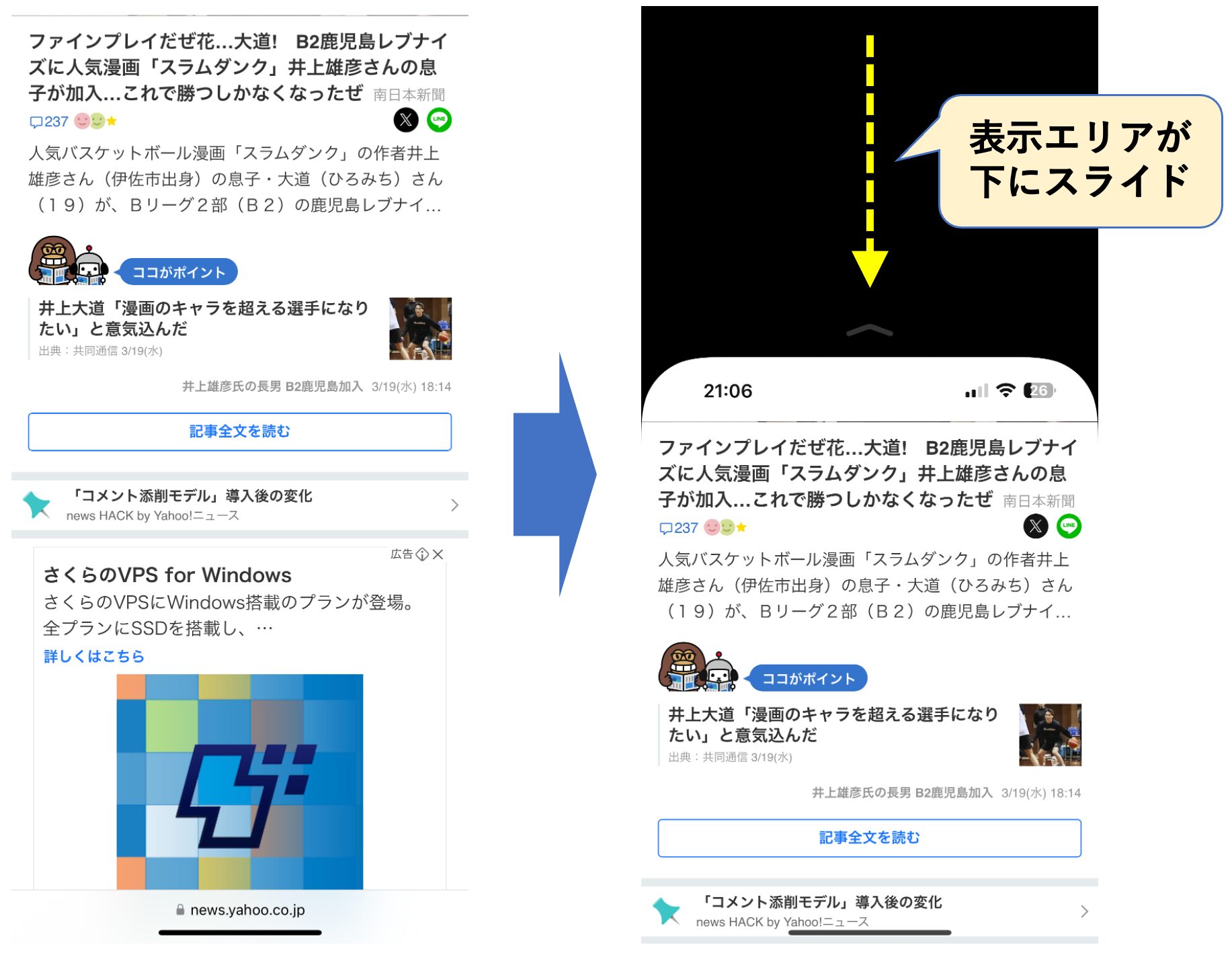
In addition, "Notification Center" and "Control Center" can be opened from AssistiveTouch, eliminating the need for swiping.
Custom Action Settings
In AssistiveTouch,Any function can be assigned to a double-tap or long-press.For example, the following settings will allow for smoother operation.
◆Example of custom action settings
Long press" activates Siri (calls Siri without speaking).
Perform specific operations with a single tap
By registering specific operations in the AssistiveTouch menu, you can call up functions more quickly, for example
◆Example of one-tap operation
One tap...
Take a screenshot
Open the Apple Pay payment screen.
Call the application switcher.
Especially "screenshots" and "Apple Pay",If the operation of combining physical buttons is troublesometo be easily executed with AssistiveTouch.
Next, we will show you how to further apply AssistiveTouch.
Applied operations using AssistiveTouch
AssistiveTouch is not only a substitute for basic navigation and button operation,Use of shortcuts and integration with external devicesIt can be used more conveniently by
Application 1: Combination of AssistiveTouch and "Shortcut" application
AssistiveTouch is,Shortcut" application to automate multiple operationscombined with the "+" to perform a specific action with a single tap.
Shortcuts" is a standard iOS app.
◆Live Use Cases
Instantly launch specific apps (e.g., camera, maps, YouTube, etc.)
One-tap call to a specific party
◆Setting method
(2) Add "Shortcut" to the custom menu of AssistiveTouch.
(3) Select the created shortcut and make it executable.
Application 2: Mouse operation using AssistiveTouch
In some cases, though, the iPad uses a pointing device such as a mouse or trackpad,AssistiveTouch allows for customization when operating the mouse andThe "M" and "H" are more flexible in operation.
◆Live Use Cases
Add scroll gestures for smooth page navigation
◆Setting method
(2) Tap "Device" in the "Pointing Device" item.
Tap the desired device from the list of connected devices
(4) Assign shortcut operations from "Customize Additional Buttons".
Thus, AssistiveTouch is more than just a touch aid; it can be combined with shortcuts and external devices for a higher degree of customization.
AssistiveTouch is also compatible with "iPad" and "Apple Watch".
AssistiveTouch is not only for iPhone,It is also available for iPad and Apple Watch.Especially on the iPad,Can be used in conjunction with a mouse or trackpad, making it a tool to assist in cursor manipulation.。
Also, AssistiveTouch menus can be customized for smoother mouse operation.
The Apple Watch utilizes built-in sensors to allow the user toIt can be operated using only hand gestures.For example, tapping on the display, operating the Digital Crown, using Apple Pay, or activating Siri can all be done easily with gestures.
This allows users to comfortably operate the Apple Watch in situations where touch operation is difficult.
Knowing that AssistiveTouch can be utilized on a variety of Apple devices, not just the iPhone, will make it more convenient to use.
AssistiveTouch Evolution and History
AssistiveTouch first appeared in iOS 5 (2011), initially designed as an alternative to the home button and often used as a stopgap measure when physical buttons failed.
Particularly in the iPhone 4 and iPhone 5 era, home button malfunctions were often reported, and AssistiveTouch was touted as a solution.
Since then, AssistiveTouch has continued to evolve along with iOS updates,It has grown from a mere button replacement to a more advanced accessibility feature.
◆History of AssistiveTouch
・iOS 7 (2013)
The AssistiveTouch design has been flattened and updated to match the visual changes in iOS.
・iOS 9 (2015)
The AssistiveTouch menu can now be customized, allowing frequently used functions to be added or removed.
iOS 13 / 14 (2019-2020)
Tap operations can now be customized, such as "double-tap," "long-press," and "3D Touch (supported models only)," for quicker operation.
・iOS 15 (2021) and lower
Users can now register their own gestures, enabling AssistiveTouch to perform actions such as one-tap or swipe.
AssistiveTouch was originally created as an adjunct to physical buttons, but has now spread to the iPhone, iPad, and Apple Watch and continues to improve customization.
With future iOS updates, more advanced gesture operations andOptimization by AI (Apple Intelligence)There is a good possibility that the
Bringing AssistiveTouch thinking to the Web with UniWeb
AssistiveTouch on the iPhone is an accessibility feature designed for the comfort of all users.
Similarly, websites must provide an environment in which everyone can access information smoothly.
Web accessibility tools are designed to incorporate this concept into the web, making it easy to achieve accessibility support without special development knowledge.‘UniWeb’.
The "UniWeb" is,A wide variety of accessibility features can be implemented by simply inserting a single line of tags into the source code of a website.
For example, it offers the following features
◆UniWeb's main features
Color Vision Support(Color filter applied for users with color vision characteristics)
Speech-reading function(Supports visually impaired users)
・Keyboard navigability(Can operate websites without using a mouse)
High contrast mode(Switch to a design that increases visibility)
- Multilingual support.(Information is disseminated to a diverse range of users)
These features make it easy to build a website that is easy for everyone to view and use.
The accessibility features of the UniWeb can be experienced firsthand to get a feel for how convenient they are.The "pink humanoid icon" appears in the lower right-hand corner of this article.to try out the various accessibility features of the UniWeb and experience how convenient they are.
Just as AssistiveTouch improves the usability of the iPhone, UniWeb is a tool that improves the accessibility of websites。
Consider implementing this system to build a website that is easy for all users to use.
Conclusion
AssistiveTouch was originally designed for users with touch difficulties, but has evolved into a useful feature for all users as an alternative to physical buttons and a shortcut tool.
With each iOS update, more flexible operations, such as the addition of custom actions and the introduction of gestures, have become available on a variety of devices such as the iPhone, iPad, and Apple Watch.
AssistiveTouchはBeyond accessibility, this is an important feature that improves usability for all users.By devising how to use the device and customizing the settings to suit your needs, you can achieve more comfortable device operation.
-
Contact Us
-
Request Info
-
Free Trial
-
Partner System

